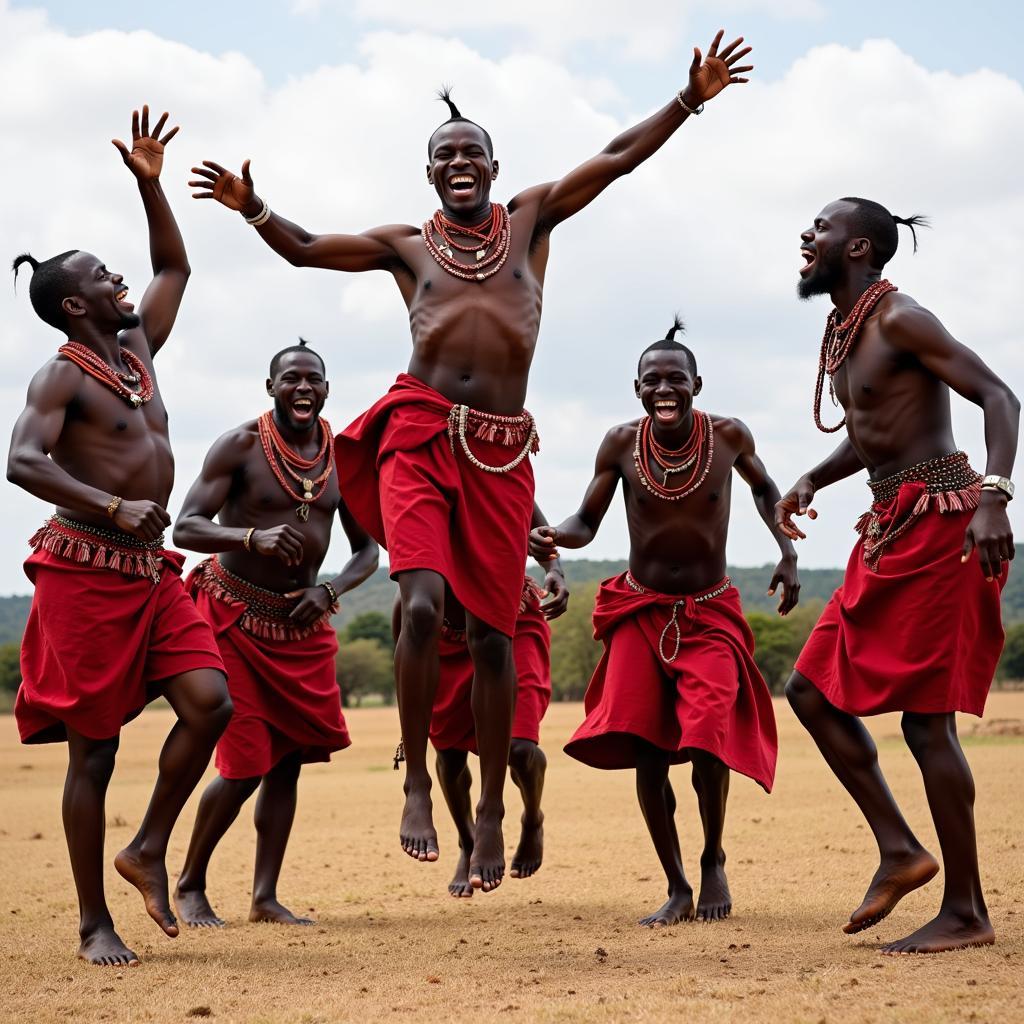African Birds: Exploring the Feathered Diversity of a Continent
Africa, a land of breathtaking landscapes and diverse ecosystems, is home to an astounding array of bird species. With over 2,300 recorded species, comprising approximately 25% of the world’s avian diversity, Africa offers a birdwatcher’s paradise. From the vibrant parrots of the Congo Basin to the majestic eagles soaring over the savannas, African birds captivate with their beauty, songs, and unique adaptations.
Where Can I Find Information about African Birds?
For those seeking comprehensive information about African birds, Wikipedia provides a valuable resource. The “List of birds of Africa” on Wikipedia offers a systematic overview of all bird species found on the continent, organized by taxonomic order. Each entry provides basic information such as scientific and common names, distribution maps, habitat preferences, and conservation status.
Exploring the Avian Hotspots
Africa boasts a number of renowned birdwatching destinations, each offering unique opportunities to observe a wide variety of species. The Serengeti National Park in Tanzania is famous for its migratory birds, including vast flocks of flamingos and raptors. The Okavango Delta in Botswana is a wetland paradise, home to over 400 bird species, including the iconic African Fish Eagle.
South Africa’s Kruger National Park is another prime destination, with its diverse habitats supporting a rich avian community. From the colorful bee-eaters to the majestic ground hornbills, Kruger offers a truly unforgettable birdwatching experience.
The Role of Birds in African Ecosystems
African birds play a crucial role in maintaining the ecological balance of their habitats. As pollinators, seed dispersers, and predators, they contribute to the health and diversity of plant and animal communities. For example, sunbirds are important pollinators of many flowering plants, while birds of prey help to control rodent populations.
Threats to African Birds
Despite their importance, many African bird species face increasing threats from habitat loss, climate change, and illegal wildlife trade. Deforestation and agricultural expansion are destroying critical habitats, while rising temperatures are altering migration patterns and breeding cycles. The illegal pet trade also poses a significant threat to certain species, such as African Grey Parrots.
Conservation Efforts
Fortunately, numerous conservation organizations are working tirelessly to protect African birds and their habitats. The African Bird Club, BirdLife International, and the Endangered Wildlife Trust are just a few examples. These organizations conduct research, monitor populations, and implement conservation programs to mitigate threats and ensure the long-term survival of these magnificent creatures.
What are some interesting facts about African birds?
- The African Ostrich is the largest bird in the world, standing up to 9 feet tall and weighing over 400 pounds.
- The African Penguin is the only penguin species found on the African continent, and it is currently classified as endangered.
- The Shoebill, with its massive beak and prehistoric appearance, is one of the most sought-after birds by birdwatchers visiting Africa.
Conclusion
African birds are a testament to the incredible biodiversity and natural beauty of the continent. From the iconic African Fish Eagle to the tiny sunbirds, these feathered creatures captivate with their beauty, songs, and ecological importance. By understanding the threats they face and supporting conservation efforts, we can help to ensure that future generations can continue to marvel at the feathered wonders of Africa.
FAQs
Q: What is the best time of year to go birdwatching in Africa?
A: The best time to go birdwatching in Africa varies depending on the region and species you are interested in seeing. However, the dry season (generally June to October) is often the best time for many areas as water sources are concentrated, making it easier to spot birds.
Q: Do I need a special permit to go birdwatching in Africa?
A: Permit requirements vary depending on the country and specific protected areas you plan to visit. It’s always best to check with the relevant authorities or tour operators in advance.
Q: What equipment do I need for birdwatching in Africa?
A: Essential equipment includes binoculars, a field guide, a hat, sunscreen, and insect repellent. A camera with a telephoto lens is also recommended for capturing high-quality images of birds.
Q: Are there any guided birdwatching tours in Africa?
A: Yes, there are many reputable tour operators specializing in birdwatching tours throughout Africa. Guided tours can enhance your experience by providing expert knowledge, local insights, and logistical support.
Q: How can I contribute to African bird conservation?
A: You can support African bird conservation by donating to reputable organizations, participating in citizen science projects, promoting responsible tourism, and raising awareness about the importance of bird conservation.
For further information and support, please contact:
Phone: +255768904061
Email: [email protected]
Address: Mbarali DC Mawindi, Kangaga, Tanzania
We have a 24/7 customer support team ready to assist you.

